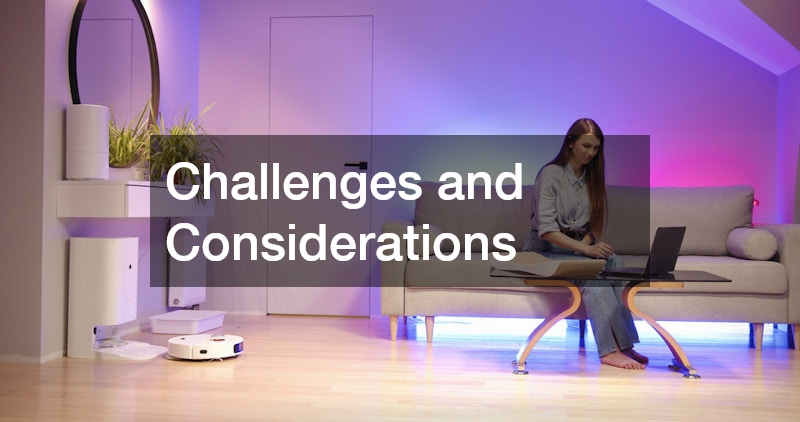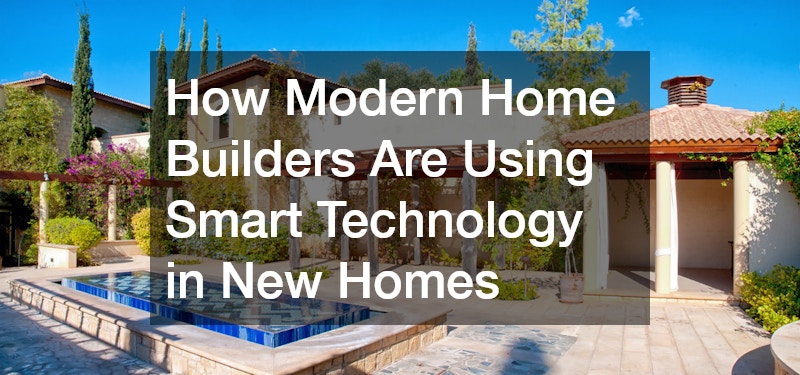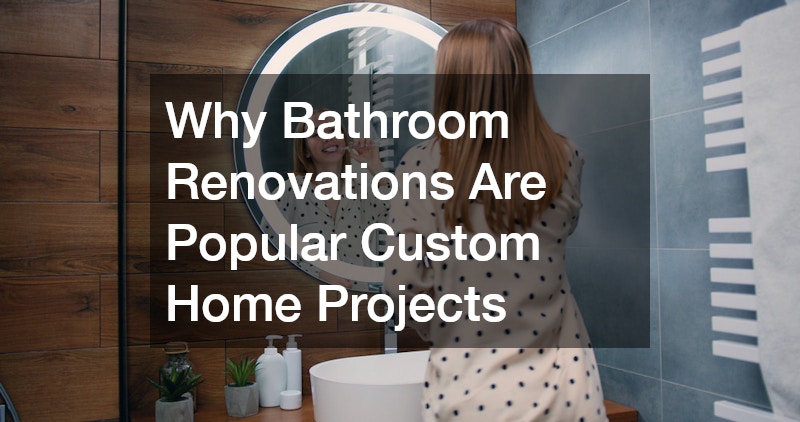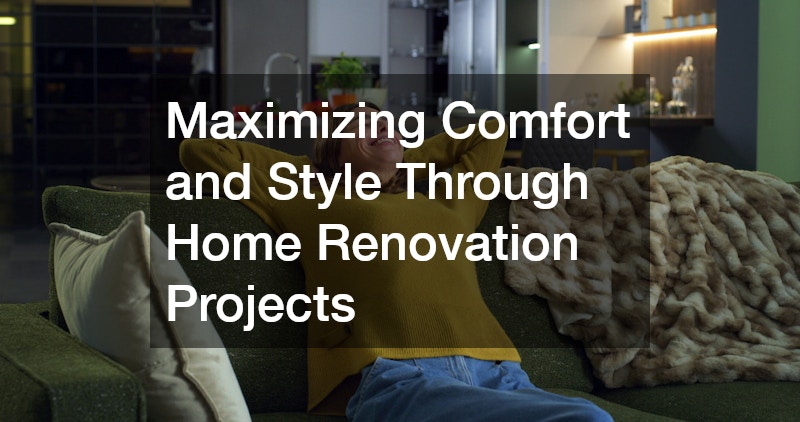In recent years, there has been a significant shift towards integrating smart technology into new home construction. This trend is driven by the increasing demand for convenience, energy efficiency, and enhanced security in residential properties. As modern home builders look to cater to this demand, they are employing advanced technologies to create smart homes that offer a high-tech living experience.
The Most Popular Smart Technologies Being Integrated Into New Homes
Home Automation Systems
Home automation systems are rapidly becoming a staple in new home construction. These systems enable homeowners to control various aspects of their living spaces, such as lighting, heating, and media, from a single device or app.
By automating routine tasks, residents can enjoy a more seamless and personalized living experience.
The impact of home automation systems extends beyond mere convenience. They can lead to significant energy savings by optimizing the use of appliances and reducing wastage. Home builders are increasingly incorporating these systems to appeal to eco-conscious consumers and those looking for efficient management of their properties.
Moreover, the integration of voice control and AI-powered assistants in home automation is gaining popularity. These features allow homeowners to interact with their homes more naturally and effortlessly. As technology evolves, the capabilities of home automation systems continue to expand, offering even greater possibilities for customization and energy management.
Energy Efficiency Solutions
Energy efficiency is a key consideration for modern home builders, and smart technology plays a critical role in achieving it. Installing energy-efficient solutions, such as smart thermostats and LED lighting, allows homeowners to monitor and reduce their energy consumption effectively. Furthermore, intelligent systems can adapt to the occupants’ routines, further enhancing energy conservation.
Smart meters and energy management systems provide real-time data on energy usage, enabling residents to make informed decisions about their consumption habits. By optimizing energy use, these technologies help reduce utility bills and contribute to a more sustainable lifestyle. The integration of renewable energy sources, such as solar panels, with smart energy systems is also becoming more common in new home construction.
In addition to cost savings, energy-efficient solutions often qualify for government incentives, providing further financial benefits. As concerns about climate change and resource conservation grow, energy efficiency is becoming a top priority in home design. Through the use of smart technology, builders can create homes that are both environmentally friendly and economical for residents.
How Smart Technologies Enhance Home Security
Advanced Security Systems
Smart technology has revolutionized home security with the introduction of advanced systems that offer comprehensive protection. Modern security solutions include smart cameras, motion detectors, and doorbell cameras, which provide constant surveillance and security alerts. These devices are often connected to a centralized system, allowing homeowners to monitor their property’s security remotely.
In addition to detecting intrusions, smart security systems can also alert homeowners to other potential hazards, such as fires or carbon monoxide leaks. With real-time notifications and monitoring capabilities, residents can respond promptly to any security threats. This level of protection is increasingly appealing to homeowners who prioritize the safety of their families and belongings.
Remote Monitoring and Control
One of the most significant benefits of smart home technology in security is the ability to monitor and control home systems remotely. Using smartphone apps or cloud services, homeowners can keep an eye on their property even when they’re miles away. This capability is particularly beneficial for frequent travelers or those with multiple properties.
Remote control extends to systems like lighting and temperature, enabling simulated occupancy to deter potential intruders. With the ability to access and manage home systems from anywhere, homeowners gain a newfound sense of control over their security and energy consumption. As technology advances, remote monitoring features continue to improve, offering better connectivity and user-friendly interfaces.
The Benefits and Challenges of Incorporating Smart Technology in New Homes
Benefits of Smart Homes
Smart technology is reshaping residential living by providing numerous benefits to homeowners. One significant advantage is increased convenience; smart homes allow for the automation of everyday tasks, reducing the need for manual intervention. Devices like smart speakers and virtual assistants help streamline daily routines, freeing up time for more important activities.
Additionally, the integration of smart technology contributes to overall energy efficiency, which is both cost-effective and environmentally beneficial. Homeowners can optimize energy use, track consumption, and adjust settings conveniently, resulting in lower utility bills. These savings, combined with the potential for increased property value, make smart technology an attractive investment.
Challenges and Considerations
Despite the advantages, integrating smart technology in new homes presents some challenges and considerations. One primary concern is the cost of implementation, as the initial setup and installation of smart systems can be expensive. However, many argue that the long-term savings in energy and security justify the upfront investment.
Another challenge is the potential for technological obsolescence, as rapid advancements in technology can quickly render existing systems outdated. To mitigate this, many homeowners and builders opt for systems that can be easily upgraded or modified. This flexibility ensures that homes remain equipped with the latest innovations without requiring a complete overhaul.
Smart technology is fundamentally transforming the way homes are built and lived in. With advancements in automation, energy efficiency, and security, modern home construction is evolving to meet the needs of tech-savvy and environmentally-conscious consumers. While challenges exist, the benefits of smart homes, including convenience, cost savings, and enhanced safety, are driving their increasing popularity.




